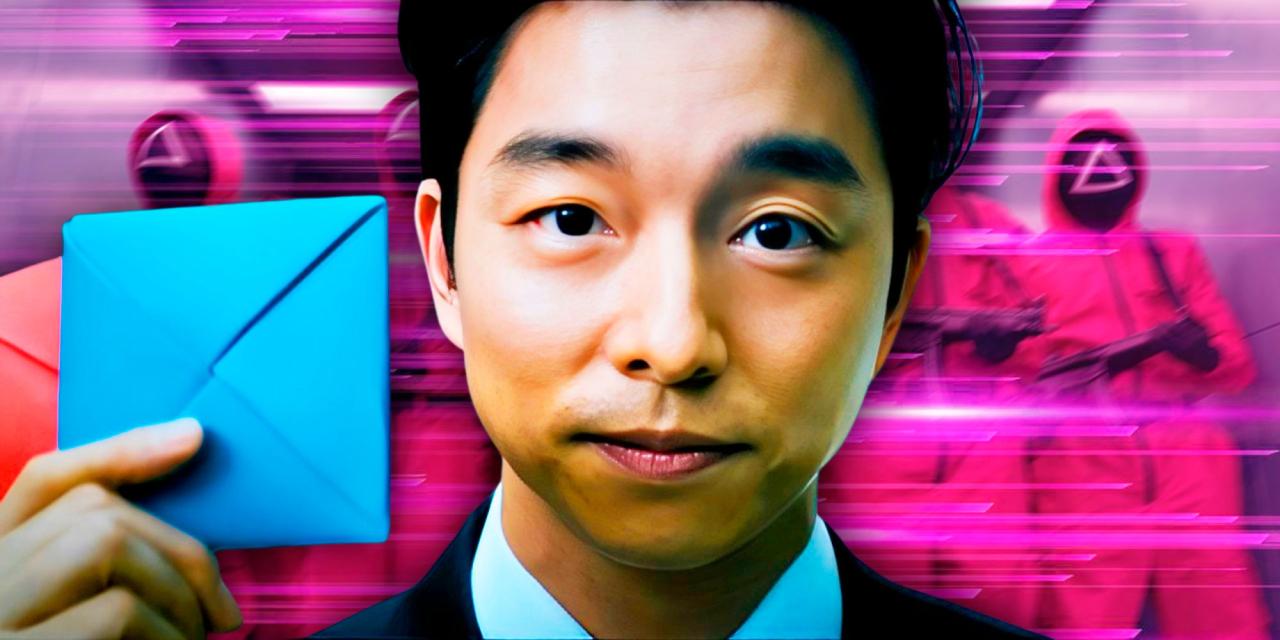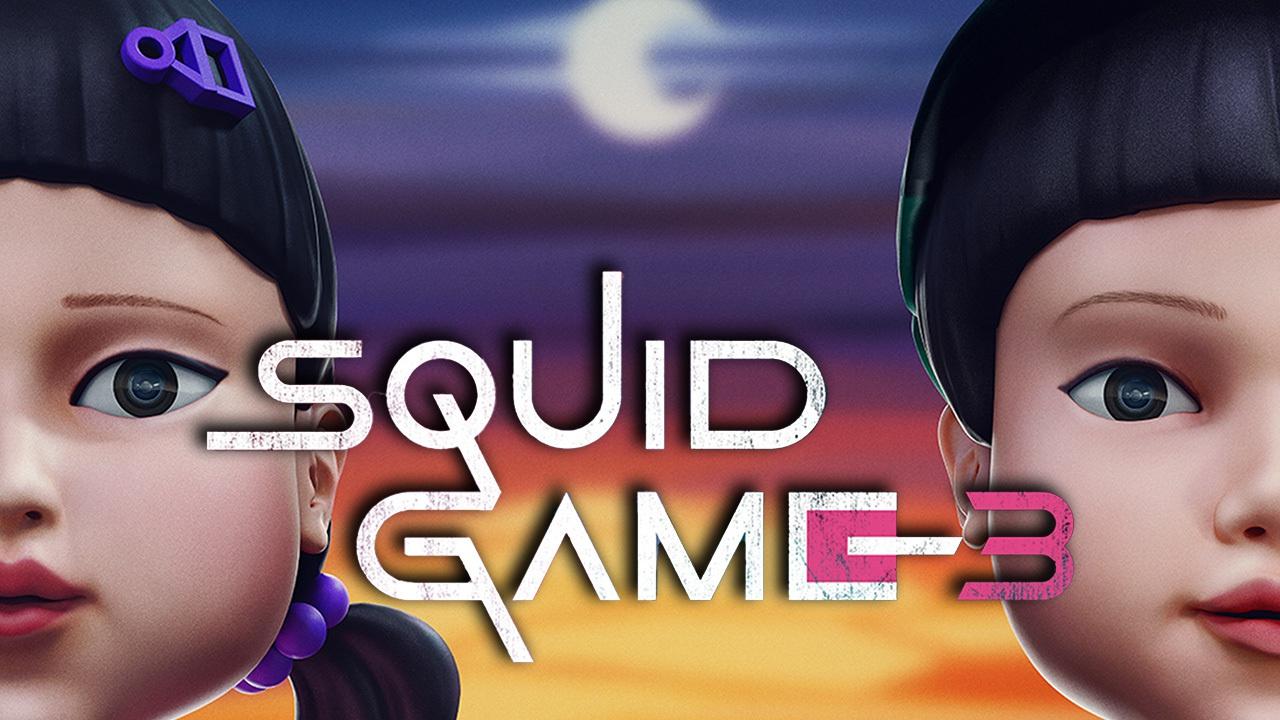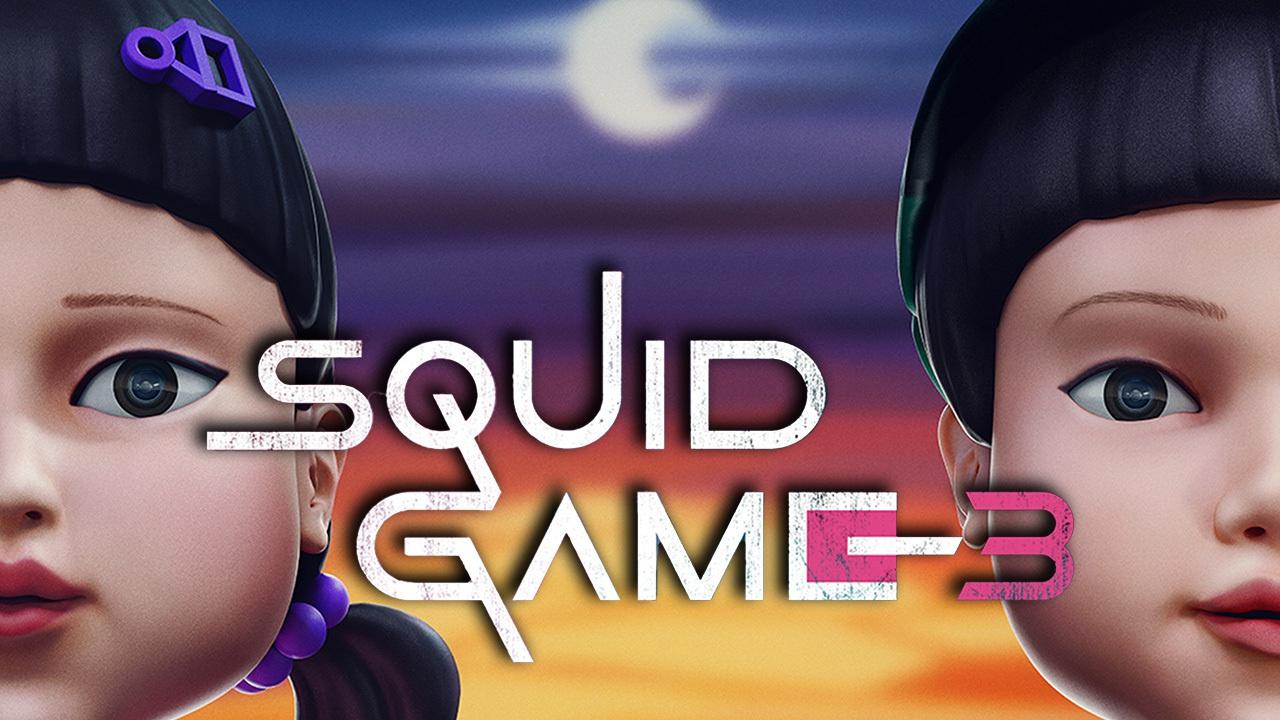Squid Game Histoire Vraie? The hit Netflix show sparked intense debate: is it pure fiction, or does it reflect harsh realities? This exploration dives into the socio-economic struggles in South Korea, comparing the show’s extreme games to real-life situations and the psychology behind desperate choices. We’ll unpack the show’s symbolism and examine the ethical dilemmas presented by reality TV’s push for ever-increasing thrills.
We’ll analyze the show’s depiction of violence and its potential impact on viewers, exploring how the show’s allegorical elements reflect broader societal issues, both in South Korea and globally. Prepare to question the line between entertainment and reflection of a very real struggle.
South Korean Socioeconomic Realities Mirrored in Squid Game

The global success of Squid Game highlighted the stark realities of South Korean society, particularly its struggles with debt and economic inequality. The show’s brutal depiction of desperation and the lengths people will go to for survival resonated with audiences worldwide, prompting a closer examination of the socio-economic conditions that might have inspired its creation.
South Korean Debt and Economic Inequality
South Korea’s rapid economic growth has been accompanied by significant income disparity and a pervasive culture of intense competition. High levels of household debt, coupled with a rigid social hierarchy and pressure to succeed, create a breeding ground for the desperation portrayed in Squid Game. Many individuals face immense pressure to maintain appearances and meet societal expectations, even if it means accumulating significant debt.
The 2008 global financial crisis significantly impacted South Korea, exacerbating existing inequalities and pushing many families into crippling debt. Numerous cases of individuals taking extreme measures, including suicide, due to overwhelming financial burdens, have been reported. Statistics from organizations like the OECD consistently rank South Korea high in terms of household debt-to-GDP ratio and income inequality. This widening gap between the rich and the poor creates a system where opportunities are unfairly distributed, leading to a sense of hopelessness and desperation for those at the bottom.
The social pressures faced by individuals struggling with debt are immense. The stigma associated with debt can lead to social isolation and a reluctance to seek help. Families are often burdened by the weight of collective responsibility, further compounding the stress and desperation. The constant pressure to succeed academically and professionally, combined with the high cost of living, fuels a cycle of debt and despair for many.
Reality TV and the Ethics of Extreme Competition: Squid Game Histoire Vraie
Squid Game‘s popularity sparked discussions about the ethical boundaries of reality TV and the normalization of extreme competition. The show’s fictional games, while exaggerated, share similarities with existing reality shows that push participants to their physical and mental limits. Comparing these shows allows us to assess the ethical considerations involved in such entertainment.
Comparison of Reality Shows and Squid Game

| Show Name | Theme | Risk Level | Participant Motivation |
|---|---|---|---|
| Squid Game | Survival, Debt, Social Inequality | Extremely High (Life-threatening) | Massive financial reward |
| Survivor | Social Strategy, Outwitting | Moderate (Physical and mental challenges) | Prize money, recognition |
| The Amazing Race | Competition, Travel | Moderate (Physical and mental challenges) | Prize money, experience |
While shows like Survivor and The Amazing Race involve competition and challenges, the risk level and participant motivations differ significantly from Squid Game. The ethical considerations surrounding reality TV shows that push participants to their physical and mental limits remain a topic of ongoing debate.
So you’re curious about “Squid Game histoire vraie”? While the show’s fictional, the desperation it portrays is sadly real for many. Think about the scale of that desperation – it’s almost as visually stunning as the amazing light shows you’ll see if you check out this incredible china new year drone show. The contrast between the spectacle and the show’s harsh reality is striking; both highlight the extremes of human experience, though in very different ways.
It makes you think about what drives people to such extremes, doesn’t it?
Similarities can be drawn between the fictional games in Squid Game and real-life extreme sports or competitions, such as free solo climbing or BASE jumping. However, the crucial difference lies in the life-or-death stakes inherent in the Squid Game scenario, a level of risk not typically present in regulated extreme sports.
Psychological Factors and Moral Dilemmas in Desperate Situations
The psychological drivers behind participation in high-risk games for financial gain are complex and multifaceted. Understanding these factors requires examining the interplay of desperation, hope, and the perceived lack of alternatives. The show vividly portrays the moral dilemmas faced by characters under immense pressure, forcing viewers to contemplate their own choices in hypothetical situations.
Psychological Analysis and Real-World Parallels
Individuals driven to participate in such high-stakes games often experience a sense of hopelessness and desperation, coupled with a perceived lack of viable alternatives. The allure of a significant financial reward can outweigh the perceived risks, especially in the context of extreme financial hardship. Real-life examples, such as individuals engaging in risky financial investments or illegal activities due to desperation, demonstrate the same underlying psychological factors.
Social isolation and lack of support can exacerbate these feelings, leading to impulsive decision-making and a heightened willingness to take risks.
So you’re wondering about “Squid Game histoire vraie”? While the show’s fictional, its themes of desperation and societal inequality resonate with real-world struggles. Think about the devastating consequences of accidents, like the tragic fullerton plane crash , which highlights how unpredictable life can be and the impact it has on individuals and families. This unpredictability, the feeling of being trapped by circumstance, is something “Squid Game” explores powerfully, making it feel so relevant despite its fantastical elements.
The characters in Squid Game navigate complex moral dilemmas, often forced to choose between their own survival and the well-being of others. These decisions highlight the ethical ambiguities and the psychological toll of extreme pressure. The consequences of their choices, both positive and negative, underscore the complexities of human behavior in desperate circumstances.
Violence in Squid Game: Depiction and Impact

Squid Game utilizes graphic violence to underscore the brutal nature of the competition and the dehumanizing effects of extreme poverty and social inequality. The show’s portrayal of violence raises questions about its impact on viewers and its reflection of real-world violence linked to socio-economic factors.
Types and Symbolism of Violence
The violence in Squid Game takes various forms, including physical brutality, psychological manipulation, and systemic oppression. The games themselves are designed to inflict physical harm, while the guards’ actions represent a more insidious form of violence. The symbolic meaning of the violence lies in its representation of the dehumanizing effects of systemic inequality and the desperation born out of a lack of opportunity.
The graphic nature of the violence serves to shock the audience and highlight the severity of the issues portrayed.
Real-world examples of violence related to economic desperation and social inequality are abundant, ranging from gang violence to protests fueled by economic hardship. The show’s depiction of violence, while fictional, serves as a stark reminder of the real-world consequences of societal inequalities.
The potential impact of the show’s graphic violence on viewers is a matter of ongoing discussion. While some argue that it is a necessary element to convey the gravity of the themes, others express concern about its potential to desensitize or traumatize viewers. The debate highlights the complexities of representing violence in media and its ethical implications.
So you’re wondering about “Squid Game histoire vraie”? While the show’s fictional, its themes of desperation and societal inequality resonate with real-world struggles. Think about the devastating consequences of accidents, like the tragic fullerton plane crash , which highlights how unpredictable life can be and the impact it has on individuals and families. This unpredictability, the feeling of being trapped by circumstance, is something “Squid Game” explores powerfully, making it feel so relevant despite its fantastical elements.
Symbolism and Allegory in Squid Game
Squid Game is rich in symbolism and allegory, using various elements to convey its deeper themes. The games, setting, costumes, and color palettes all contribute to the show’s layered meaning, offering a commentary on broader social and economic issues.
Key Symbols and Interpretations, Squid game histoire vraie
- The Games: Represent the absurdity and cruelty of a system that forces individuals into life-or-death situations for survival.
- The Setting: The stark contrast between the opulent VIP area and the impoverished players’ living conditions symbolizes the vast wealth disparity.
- The Costumes: The players’ green tracksuits represent their dehumanization and uniformity within the system.
- Color Palette: The use of vibrant colors (like the pink of the guards’ uniforms) juxtaposed with the muted tones of the players’ surroundings emphasizes the stark contrast between those in power and those who are exploited.
Squid Game functions as an allegory for the broader social and economic issues in South Korea and beyond, highlighting the desperation and inequality that can drive individuals to extreme measures. The show’s powerful imagery and symbolism resonate with audiences worldwide, prompting discussions about social justice and economic fairness.
Conclusion

Ultimately, while Squid Game is undeniably fiction, its unsettling resonance stems from its reflection of very real anxieties surrounding debt, inequality, and the desperation they can breed. By examining the show’s themes through the lens of real-world examples, we gain a deeper understanding of the social pressures that can drive individuals to make unimaginable choices. The show serves as a stark reminder of the human cost of societal failings, prompting us to consider the systemic issues fueling such desperation.
FAQ Explained
Is Squid Game based on a true story?
No, Squid Game is not based on a single true story. However, it draws inspiration from real-world issues like South Korea’s economic inequality and the prevalence of debt.
What are the most common criticisms of the show?
Criticisms include its graphic violence, potentially triggering content, and the oversimplification of complex socio-economic issues.
How did Squid Game become so popular?
Its gripping plot, relatable themes of desperation, and unique premise resonated with audiences worldwide, leading to viral discussions and a cultural phenomenon.
What is the show’s overall message?
The show critiques societal structures that create immense inequality and the devastating consequences for those trapped within them.
